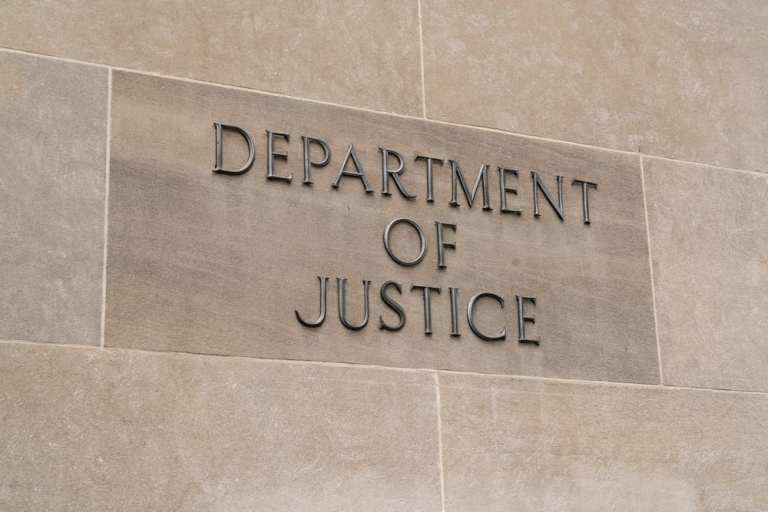Feds Eye Payments Processors, Phony Websites Over Fraud

The U.S. Department of Justice (DOJ) and the Federal Trade Commission (FTC) are cracking down on scams known as credit card laundering or transaction laundering, according to The Wall Street Journal (WSJ).
Such fraud occurs when individuals and companies have websites making them look like legitimate businesses, such as for selling flowers, but are out to trick financial firms, the report stated.
The two federal agencies have brought a number of criminal and civil cases charging such websites, which are used as a cover for illegal purchases, including marijuana and designer drugs. Big financial firms — such as Visa, Mastercard and American Express — have been ensnared by some of these schemes, prosecutors said, per WSJ. Sites advertising home decorations and dog products were also part of aiding illegal purchases.
The huge growth in eCommerce, boosted even more by the pandemic, has led to a host of companies that help internet businesses collect online payments. These include huge payments players such as PayPal Holdings, along with the small-fry, independent organizations.
Now, financial authorities have in their sights these middlemen, which connect sellers to the financial institutions (FIs) that help approve and complete sales.
The Electronic Transactions Association, which represents payment processors, said its members are on the level, the report stated. CEO Jodie Kelley said her members regularly terminate fraudulent merchants. There were more than 10,000 merchants that got the boot in 2017 due to fraud, she said.
According to WSJ, “the amount of due diligence” that processors go through with merchants does indeed vary.
“No processor, even if it spent a fortune, is going to perfectly shield itself from fraudulent merchants,” said Lois Greisman, associate director of the FTC’s division of marketing practices, per WSJ. The FTC, she said, “is seeking to root out processors that are knowingly facilitating fraud.”
Meanwhile, the nation’s marijuana regulator has told FIs to treat the $500 million hemp business the same way they would any other industry. The Financial Crimes Enforcement Network (FinCEN) has updated its rules and called on banks to watch out for customers who might be using state-licensed hemp businesses as a front for money laundering.